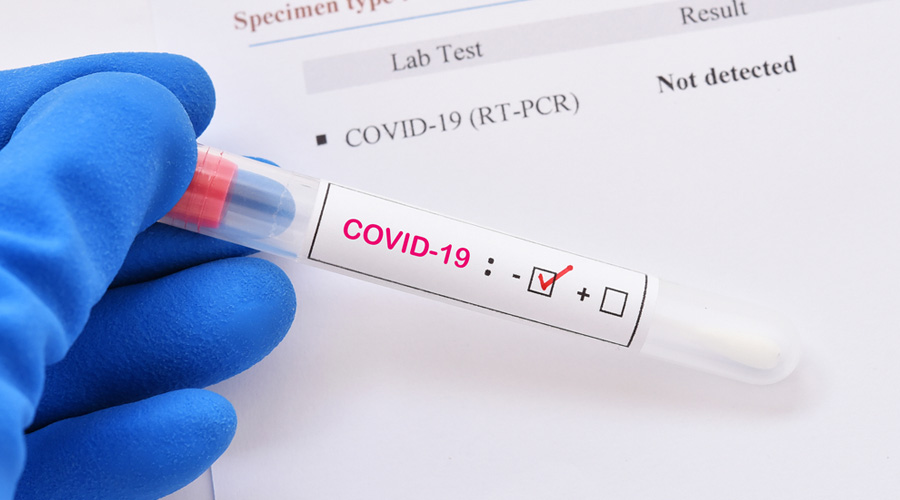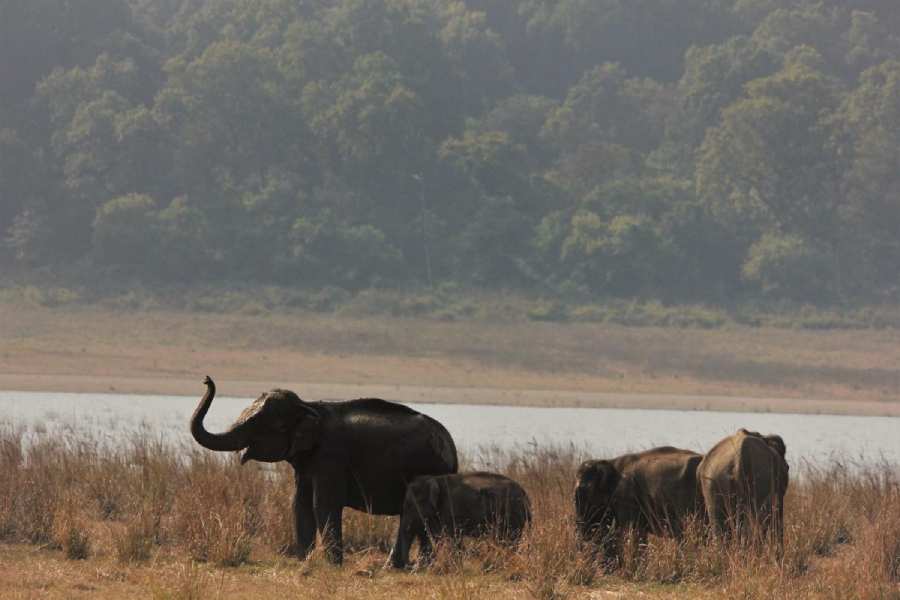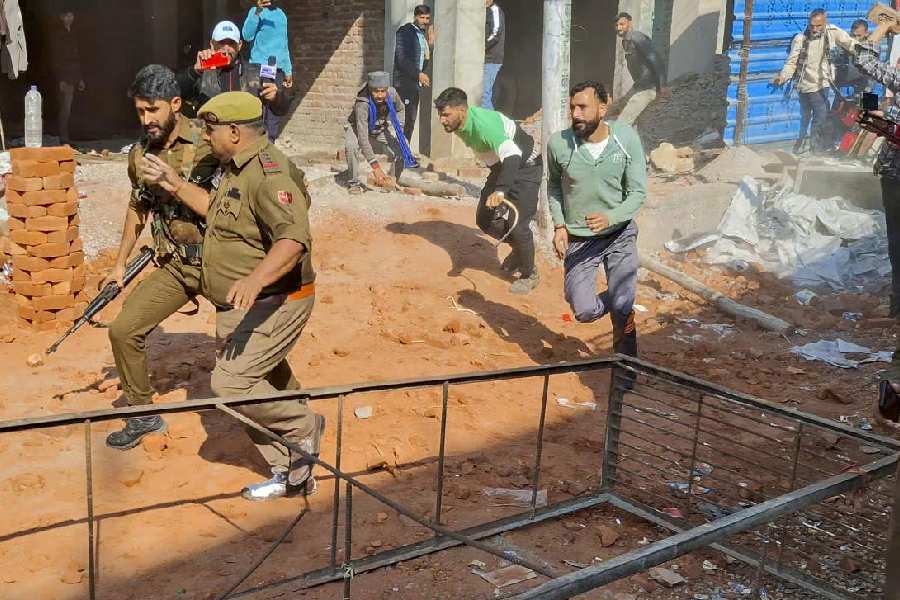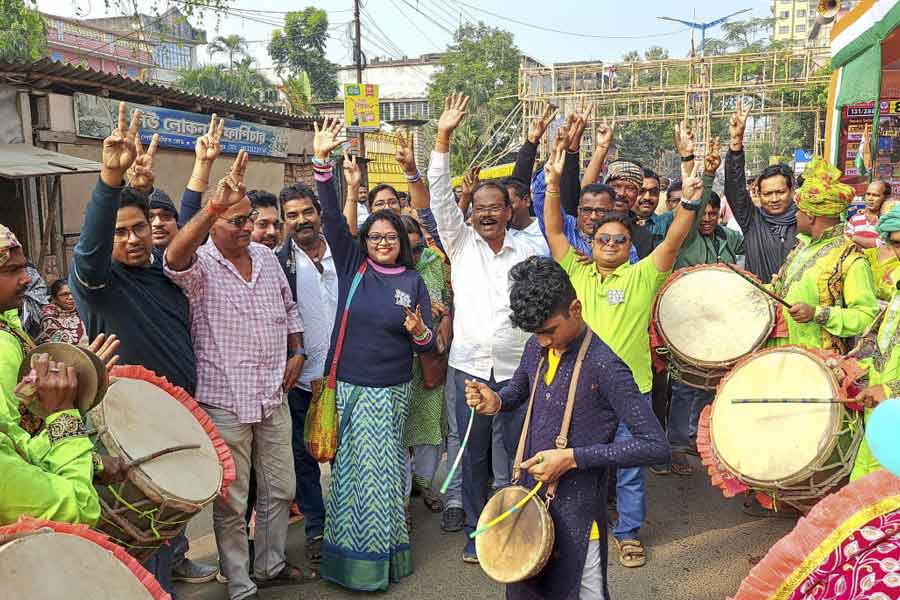“Why?” That’s the question the Chinese are left with after a month of living with the coronavirus totally unprepared. If there was chaos under the zero-Covid policy, there’s uncontrolled chaos now. Was the decision to lift all Covid controls taken, as one comment on the internet asked, out of spite? A long post likened President Xi Jinping to a child who smashes the screen after being told not to play too many video games, and yells, “Are you happy now?” Or, was this change in policy from one extreme to the other a well-thought-out plan to get the economy back on track by the time the Chinese New Year holiday is over? By then, infections would have peaked and herd immunity created.
But this plan betrays a cynicism at odds with the justifications given for the zero-Covid policy by the media just before it was totally abandoned. Prime among these was the possibility of old people succumbing to the virus. That’s precisely what’s happening.
Strangely, despite China being among the world’s largest producers of paracetamol, even that drug is in such short supply that worried Chinese are sending boxes of it from Hong Kong, Singapore, Japan and Thailand. These places are now restricting its sale. The State-owned firm, Sinopharm, has started producing it 24/7, with workers on duty for 20 hours non-stop.
Worst affected by the medicine shortage are village clinics. With RT-PCR tests having stopped, villagers with usual wintertime colds and coughs are flocking to clinics, and supplies that lasted 20 days are running out in three days. Some clinics haven’t paid their dues to pharmaceutical companies so they can’t order more; others find the suddenly raised prices of these drugs beyond their reach. A rural survey found that only one village had managed the new situation well — it had continued doing RT-PCR tests and given medicines only to those who tested positive and had symptoms.
This shortage has forced village doctors to hand out traditional Chinese medicines, which the government has anyway been promoting for Covid. Doctors, too, are in short supply in villages; the barefoot doctors of Mao’s time are too old now and few youngsters have taken their place.
To make matters worse, there has been no official advice to citizens on how to treat Covid by themselves, except for a set of guidelines published by one official newspaper. So, if citizens had no choice but to submit to harsh lockdowns earlier, now they have no choice but to err on the side of caution. One netizen complained that earlier, they stored vegetables and waited for lockdowns, now, they store medicines and wait for fever. “Now I no longer dare go out,” said another. This self-imposed isolation has put paid to hopes of the restaurant industry recovering soon. The delivery industry is booming — but with couriers falling sick in droves, local governments have asked healthy citizens to pitch in. On cold windy days, that’s not easy, but students have volunteered, earning between 20 to 60 yuan for a few hours.
Another shock that the new policy has brought is how bad the virus can be, with some even admitting that they had wanted the zero-Covid policy to end till they got Covid themselves. One thing has come out clearly: China’s rural health system is as bad as India’s and, like in India, there is zero accountability for the mess in which citizens find themselves. Yet, there’s always humour: “From Zero-Covid to Zeronegative,” posted one netizen, while another advised: “If you don’t know any positive patients, please reflect on your social skills.”











